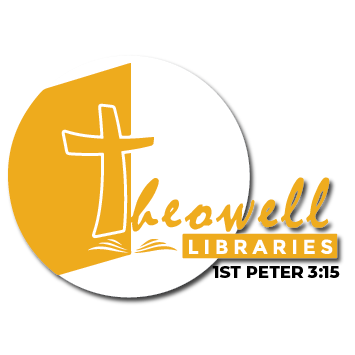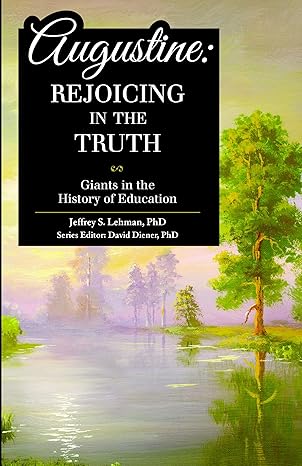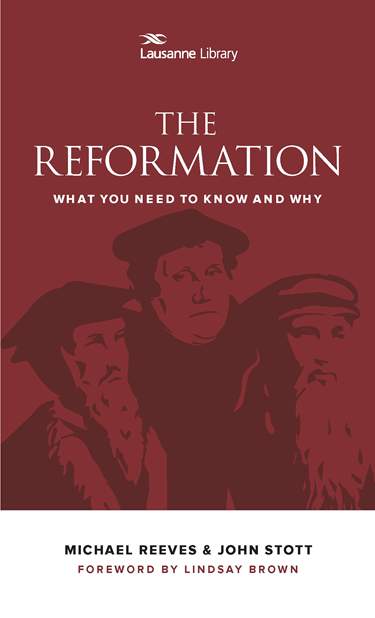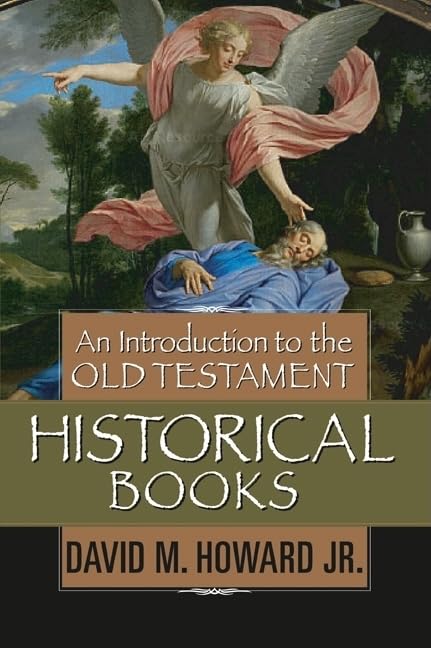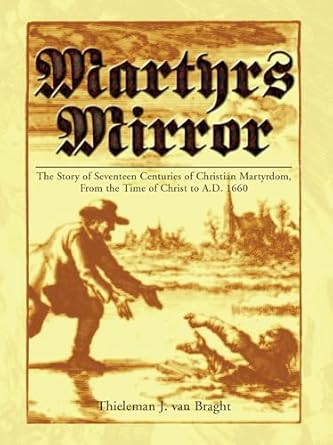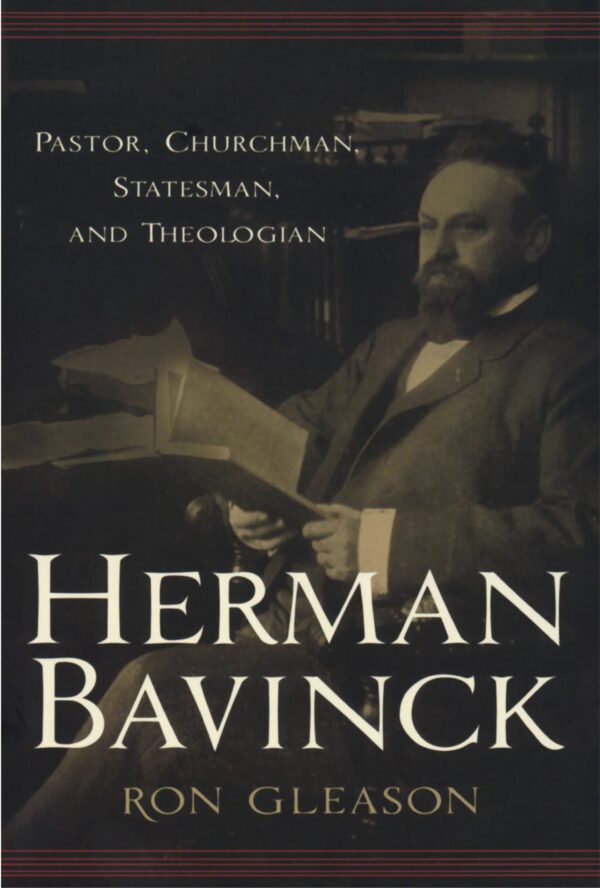Your cart is currently empty!
Augustine: Rejoicing in the Truth
by Jeffrey S. Lehman (Author), PhD (Author, Editor), David Diener (Editor)
1 in stock
Description
If one were to compile a short list of those who have had the greatest influence on education in the Greco-Roman, Judeo-Christian tradition, undoubtedly Augustine’s name would be near the top. St. Augustine of Hippo an ardent seeker of truth and the author of Confessions, City of God, and On the Trinity was the first Christian to offer a detailed account of the liberal arts and their proper place in a liberal education. Much of what we take to be the traditional understanding of classical education is due at least in part to his early synthesis. Indeed, the general plan of studies beginning with the liberal arts and proceeding to the various disciplines and ultimately to philosophy and theology was championed by Augustine and handed down through the Middle Ages to the modern period. This plan of studies remained the nearly universal standard for education in the West until well into the nineteenth century.
In this book, Dr. Jeffrey S. Lehman shares his love for the liberal arts and for Augustine by introducing readers to Augustine’s philosophy and theology of education. Beginning with a brief biography and an overview of Augustine’s extensive contributions to literature, Lehman then explores Augustine’s evolving thought about the nature and purpose of education, and the ways that liberal arts and liberal education are conducive to man’s pursuit of happiness. Lehman also describes how Augustine’s theory and practice of education are evident in his writings as a master teacher. This book concludes with ways modern-day educators can draw from Augustine’s legacy and enduring relevance to regain a tradition of excellence in education for our time.
